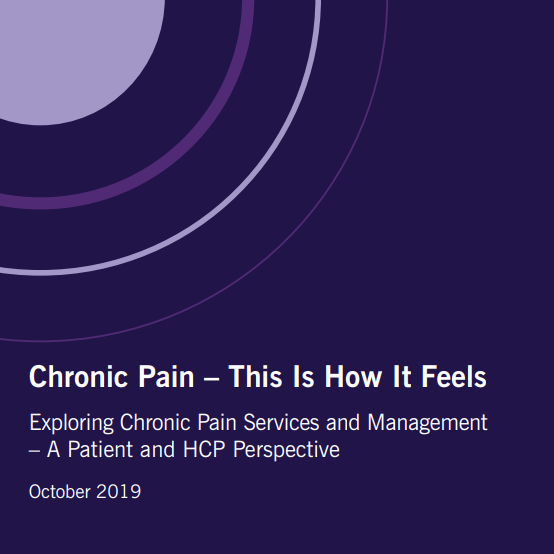 In October 2019 a report on chronic pain services and management from a patient and healthcare professional perspective was published. The research has highlighted a number of key insights and themes for how respondents felt that chronic pain services can be improved and made more equitable in the future. Pain is one of the common factors across all MSK conditions, so this is something which ARMA will be following up in the future.
In October 2019 a report on chronic pain services and management from a patient and healthcare professional perspective was published. The research has highlighted a number of key insights and themes for how respondents felt that chronic pain services can be improved and made more equitable in the future. Pain is one of the common factors across all MSK conditions, so this is something which ARMA will be following up in the future.
This report describes the results of qualitative interviews with 23 patients and 20 healthcare professionals.…
Read more of this article

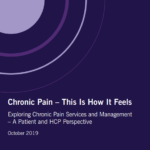
 ARMA joins Public Health England and the Centre for Ageing Better to make England the best place to grow old, because musculoskeletal health is vital to healthy ageing.
ARMA joins Public Health England and the Centre for Ageing Better to make England the best place to grow old, because musculoskeletal health is vital to healthy ageing. Guest blog by Amanda Woolley, Policy and Implementation Lead for the Elective Care Transformation Programme at NHS England and NHS Improvement
Guest blog by Amanda Woolley, Policy and Implementation Lead for the Elective Care Transformation Programme at NHS England and NHS Improvement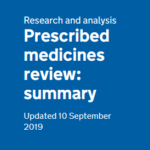
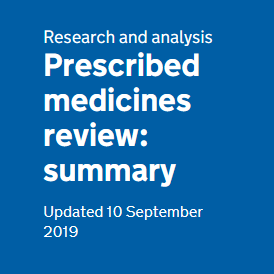 In September, Public Health England published a report on their review of the scale, distribution and causes of prescription drug dependence, and what might be done to address it. This included findings on opioid use for non cancer pain. The report made recommendations for action to reduce the problems caused by dependency and stated that effective, personalised care should include shared decision-making with patients and regular reviews of whether treatment is working.
In September, Public Health England published a report on their review of the scale, distribution and causes of prescription drug dependence, and what might be done to address it. This included findings on opioid use for non cancer pain. The report made recommendations for action to reduce the problems caused by dependency and stated that effective, personalised care should include shared decision-making with patients and regular reviews of whether treatment is working.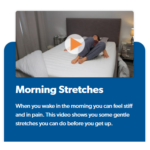
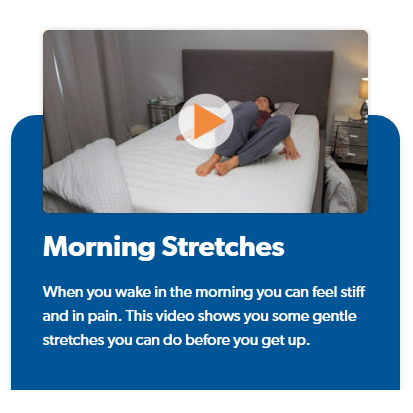 NASS has just released a new series of videos showing how everyone living with axial spondyloarthritis (axial SpA) – including people with ankylosing spondylitis (AS) – can fit some simple but very effective stretches into their daily life.
NASS has just released a new series of videos showing how everyone living with axial spondyloarthritis (axial SpA) – including people with ankylosing spondylitis (AS) – can fit some simple but very effective stretches into their daily life.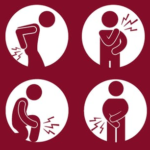
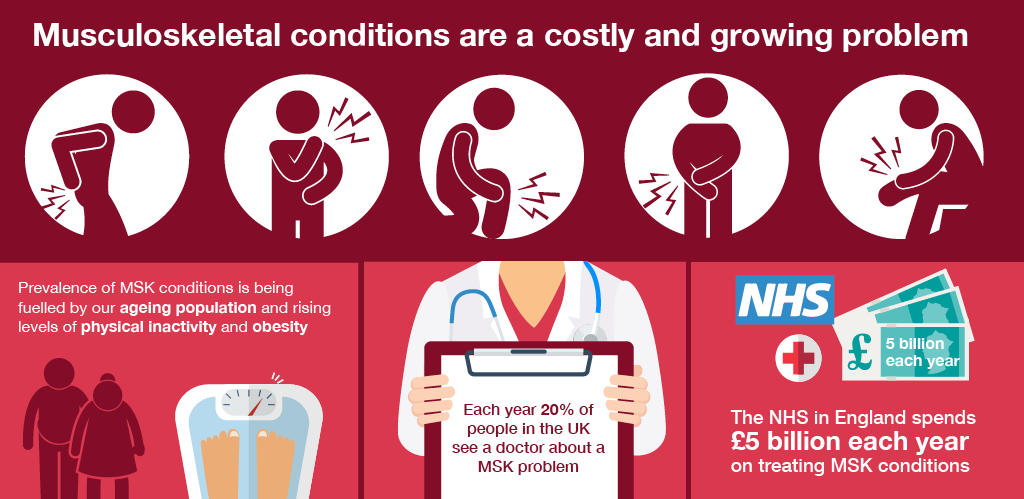
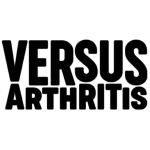
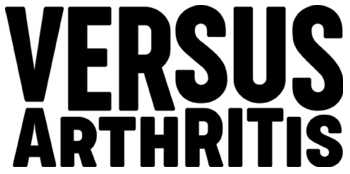 Versus Arthritis is hosting the 11th National MSK Health Data Group on Monday 2nd December 2019 from 9:00-13:00, followed by lunch and networking until 14:00 at The Royal Society, London, SW1Y 5AG.
Versus Arthritis is hosting the 11th National MSK Health Data Group on Monday 2nd December 2019 from 9:00-13:00, followed by lunch and networking until 14:00 at The Royal Society, London, SW1Y 5AG.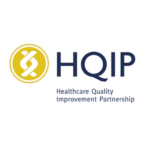
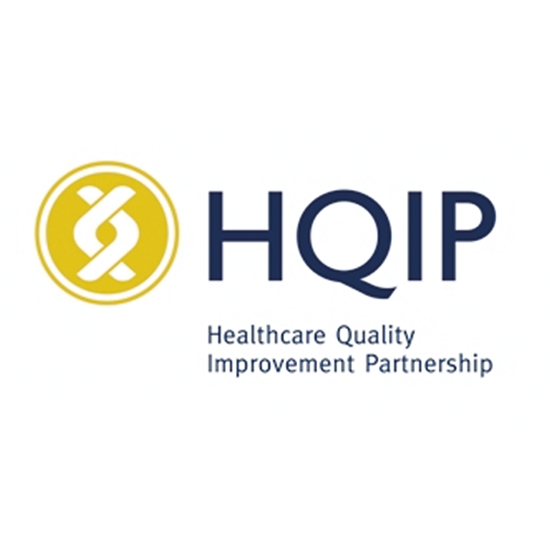 The National Early Inflammatory Arthritis Audit (NEIAA) collects information on all new patients over the age of sixteen seen in specialist rheumatology departments with suspected inflammatory arthritis in England and Wales. The first report was published in October. The audit assesses seven key metrics of care provided for people with new symptoms of arthritis attending rheumatology services for the first time and makes recommendations for services, educators and commissioners.
The National Early Inflammatory Arthritis Audit (NEIAA) collects information on all new patients over the age of sixteen seen in specialist rheumatology departments with suspected inflammatory arthritis in England and Wales. The first report was published in October. The audit assesses seven key metrics of care provided for people with new symptoms of arthritis attending rheumatology services for the first time and makes recommendations for services, educators and commissioners.